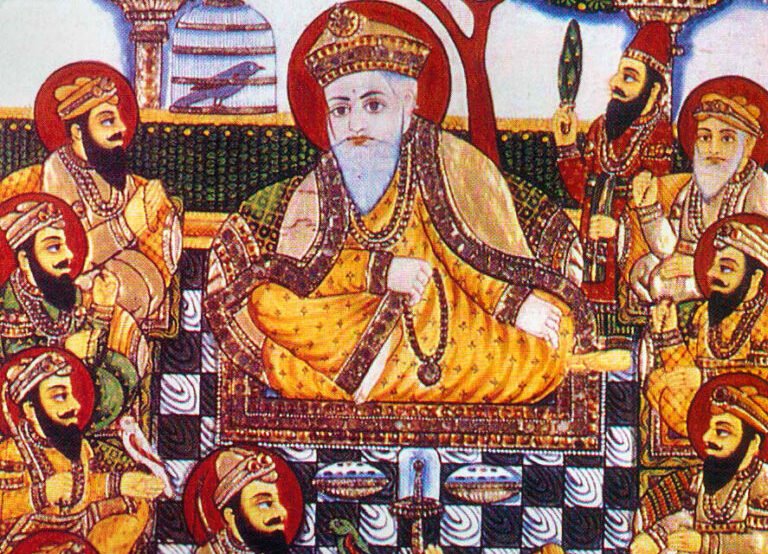Chronos, Kairos and Aion are the three deities of time, events and epic destinies. Here is the multi-religious and multicultural calendar!
Find us on our website Mythology and Legend, on Facebook and on instagram !

The schedule in brief from D-2 to D+5
- November 3, 2024, : Bunka no hi
- November 4, 2024, : Ludi Plebeii
- November 5, 2024, : Chhath Puja
- 7 November 2024, : Tokhu Emong
- 8 November 2024, : Wangala
- 9 November 2024, : Swietoslawa
The complete interactive calendar
November 15, 2024
November 15, 2024

celebrate the birthday of the first guru, Guru Nanak. It is the most important festival of Sikhism. The celebrations are particularly colorful in Punjab, Haryana and Chandigarh and many other places like parts of Pakistan and England. #mythology #myth #legend #calendar #sikh #gurunanak
November 15, 2024

Today, Sri Lankans celebrate Ill Poya. This Poya celebrates the attainment of Vivarana and the commissioning of 60 disciples of Buddha to disperse his teachings. #mythology #myth #legend #calendar #SriLanka #IllPoya
November 15, 2024

Today, Jains, Hindus and Sikhs celebrate Kartik Purnima, also known as Deva-Diwali, the festival of lights of the gods. Shiva in his form of Tripurantaka killed Tripurasura on this day. The killing of the demon(s) and destruction of his cities with a single arrow delighted the gods and they declared the day as a festival of illuminations. #mythology #myth #legend #calendar #kartikpurnima #purnima #shiva #tripurasura #devadiwali
November 15, 2024

Today, the Japanese celebrate Shichi-go-san “Seven-five-three,” one of the three holidays that celebrate children. THE chitose soul “thousand-year-old candy” are given to children. It is given in a bag on which are drawn a crane and a turtle, animals symbolizing longevity for the Japanese. #mythology #myth #legend #calendar #15November #japan #shichigosan #chitoseame
Multicultural and multi-religious almanac
An almanac is a calendar showing the main dates of the calendar, the religious holidays, bearing ephemerides such as the phases of the moon or the duration of the days (lunar and solar calendars).
A calendar is a system for marking dates according to time. Such a system was invented by men to divide and organize time over long periods. The observation of the periodic phenomena of the environment in which they lived — such as the daily movement of the shadow, the return of the seasons or the lunar cycle — served as the first references for organizing the agricultural, social and religious life of societies.
The calendar used today in most of the world is the Gregorian calendar. In everyday language, an ephemeris designates what happens daily; the ephemeris of the day is the list of the significant events of this day.